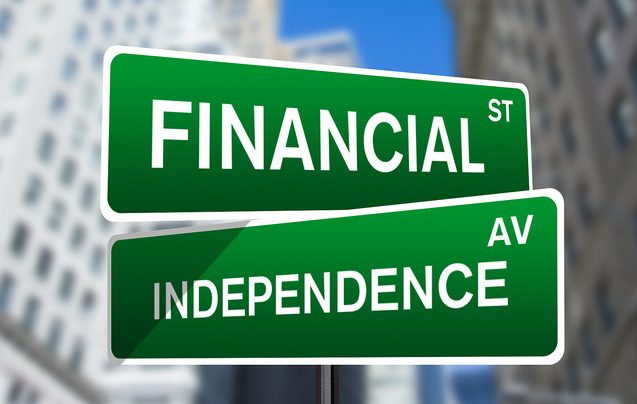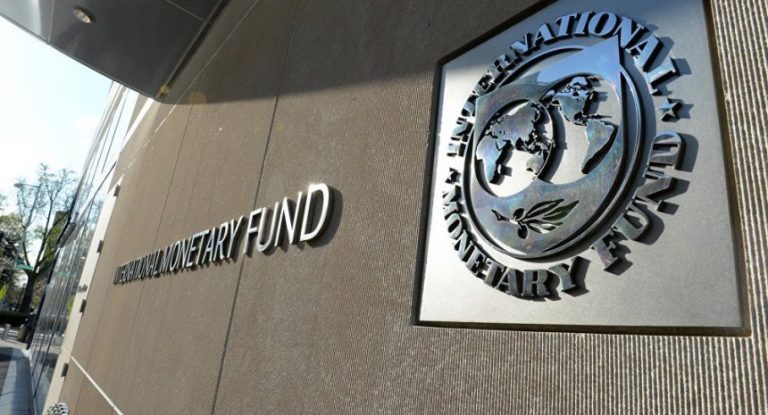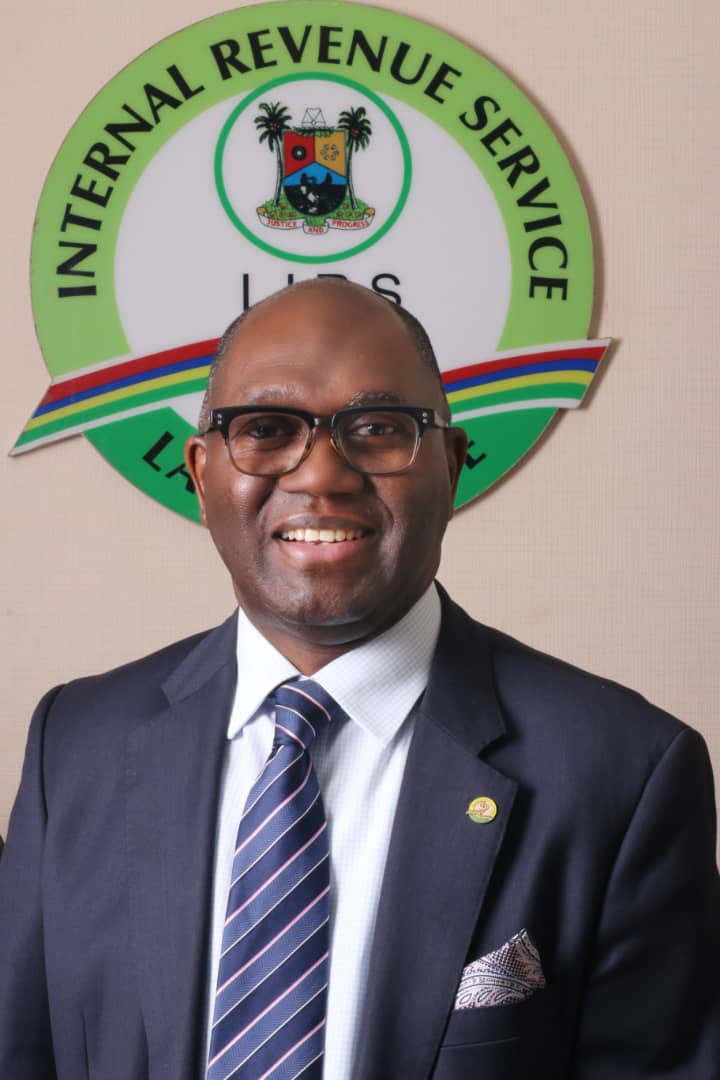Osinbajo tells religious leaders what to do regarding controversial CAMA 2020
The Vice President, Prof Yemi Osinbajo says religious leaders who have concerns regarding the recently amended CAMA 2020 law should put their concerns in a proposal and forward it to the National Assembly for possible amendment.
Osinbajo made this known on Thursday while speaking on the controversial Companies and Allied Matters Act, 2020, at the 60th virtual conference of the Nigerian Bar Association.
Recall President Muhammadu Buhari on August 7, signed into law, the Companies and Allied Matters Bill, 2020. The bill, which has also been passed by the National Assembly, replaced the 1990 CAMA.
But top clerics in the country like the Presiding Bishop of the Living Faith Church Worldwide aka Winners’ Chapel, David Oyedepo; as well as the Christian Association of Nigeria and the Pentecostal Fellowship of Nigeria, amongst others, have rejected the law, especially the section 839 (1) and (2) of the law which empowers the supervising minister “to suspend trustees of an association (in this case, the church) and appoint the interim managers to manage the affairs of the association for some given reasons.”
At the conference with the theme, ‘Step Forward’, the Vice President explains, “The Companies and Allied Matters Act is a very huge legislation. It has over 800 sections or so; it is a massive regulation that covers a wide range of issues on companies, all sorts of issues on companies – general meetings, appointment of directors, etc.
“Now, there is a small section of it called the Incorporated Trustees Section. That small section of it is the section that regulates charities. Churches and mosques are regarded as charities.
“It is the Incorporated Trustees Section of the Companies and Allied Matters Act that has become controversial. And because churches are charities, provisions in the Incorporated Trustees Section obviously affect churches.
“What the churches are concerned about is the provision that says in the event that some wrongdoing is found or perpetrated by the trustees of a particular organisation or church, the Registrar-General can go to court, get an order to appoint interim trustees for the church or for whichever organisation that be, to manage the affairs of such a trust.
“The concern of the churches is that it could lead to a situation where practically anybody could be appointed as a trustee to oversee a church. And a church or a mosque or a religious organisation, is obviously a spiritual organisation. If you do not belong or you do not share that faith or have any faith at all, you may be the wrong person and the wrong person may be appointed and create more trouble than was initially the pattern before the trustees were appointed.
Call 0803 239 3958 for free financial consulting advice for your businesses.
Send your accounting articles to blog@skytrendconsulting.com.
READ ALSO!
Businesses With Less Than N25m Turnover Are Now VAT Exempt
Scammers hack UBA server, cart away N752m
How to get quick loans from Gtbank, Zenith, UBA, Access Bank without collateral
Access Bank non-collateralized emergency loan hits N1bn daily: How you can benefit…
VAT threshold of N25m: All you need to know
PAYE: How to calculate personal income tax
Skytrend Consulting: Financial services and accounting solutions company
VAT on online purchases: 8 Critical things you must know
TraderMoni: Poverty Alleviation Or Political Leverage?









